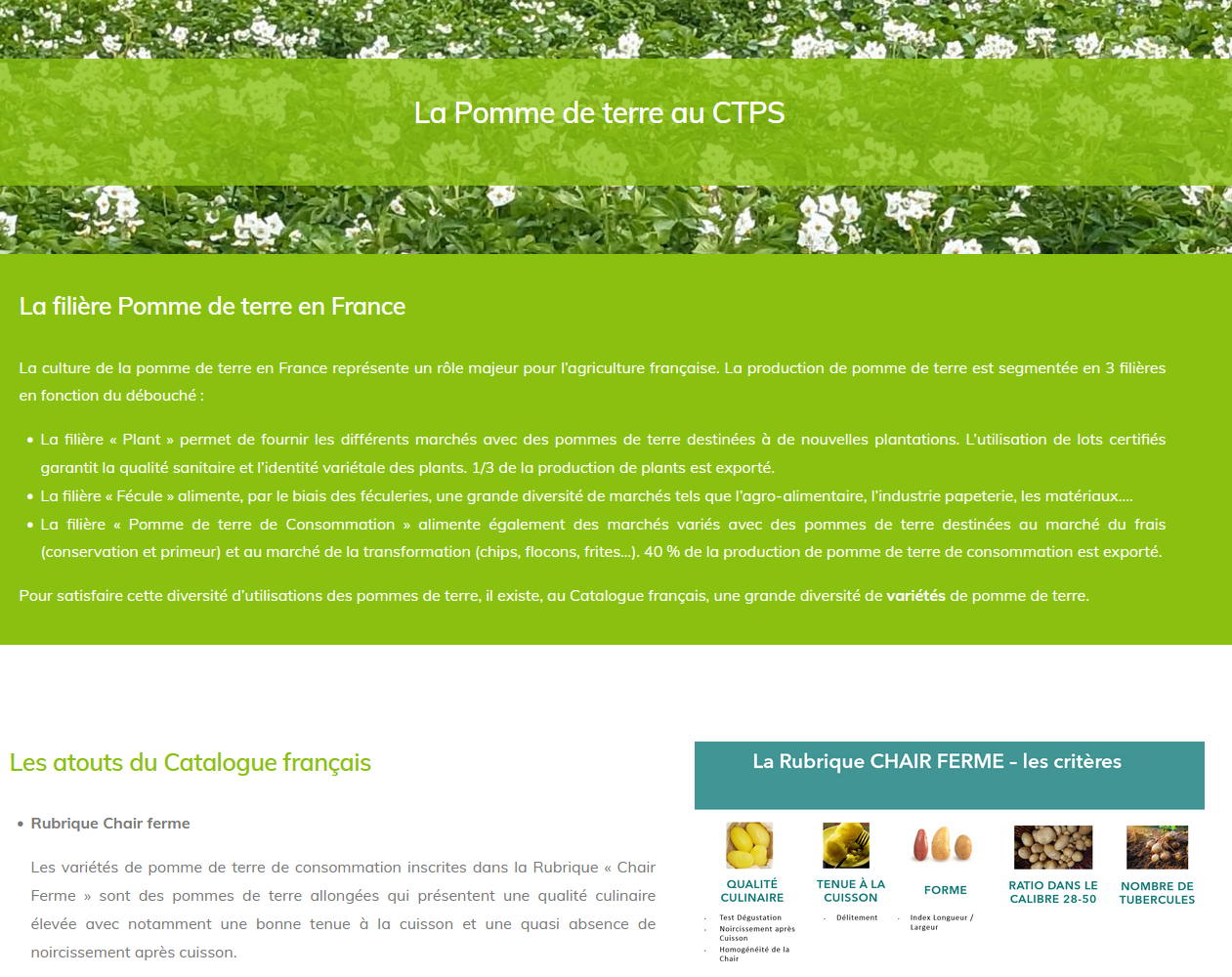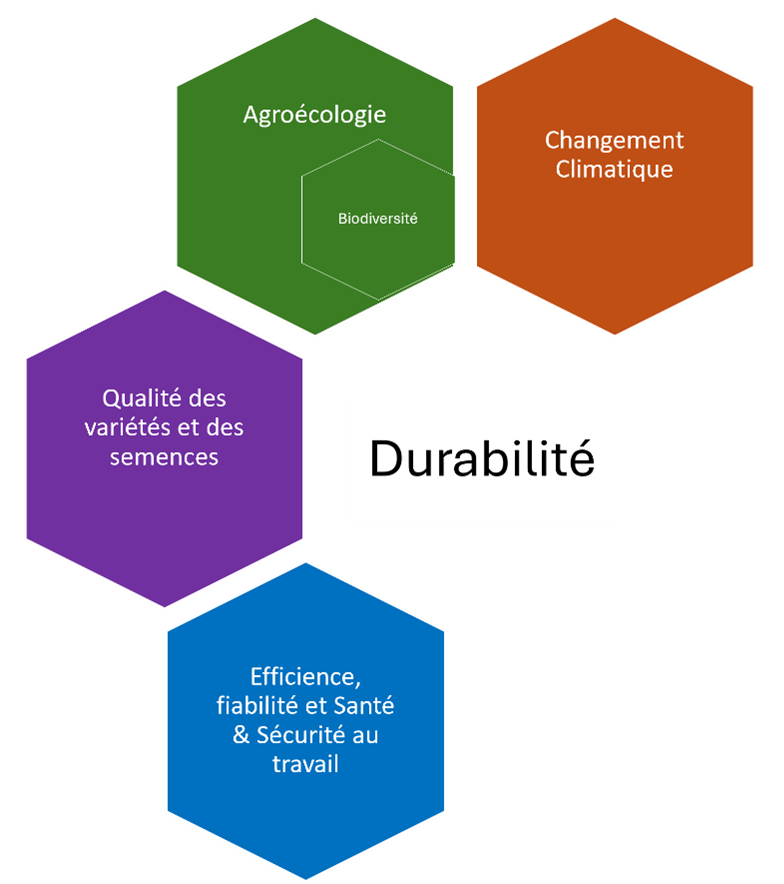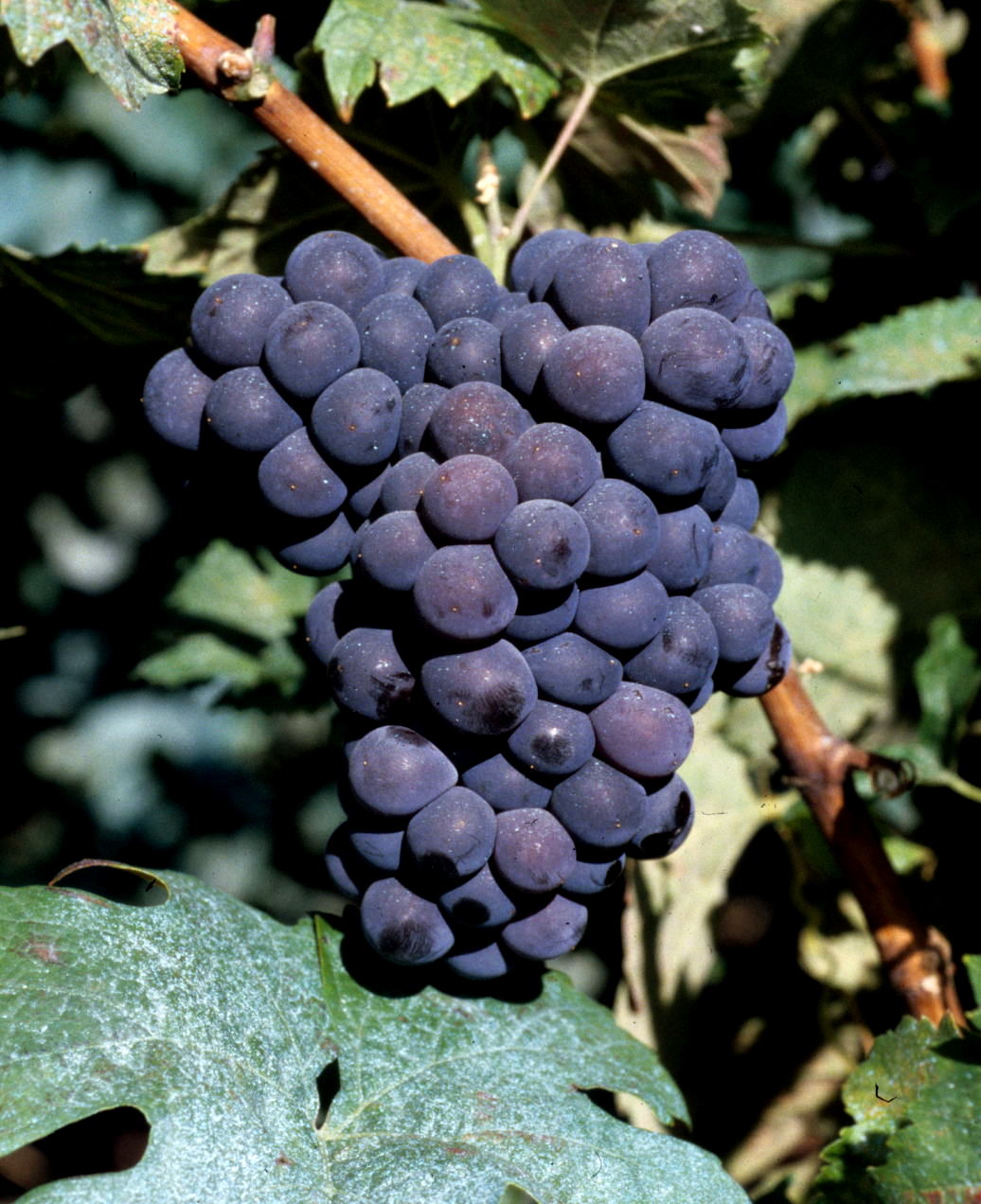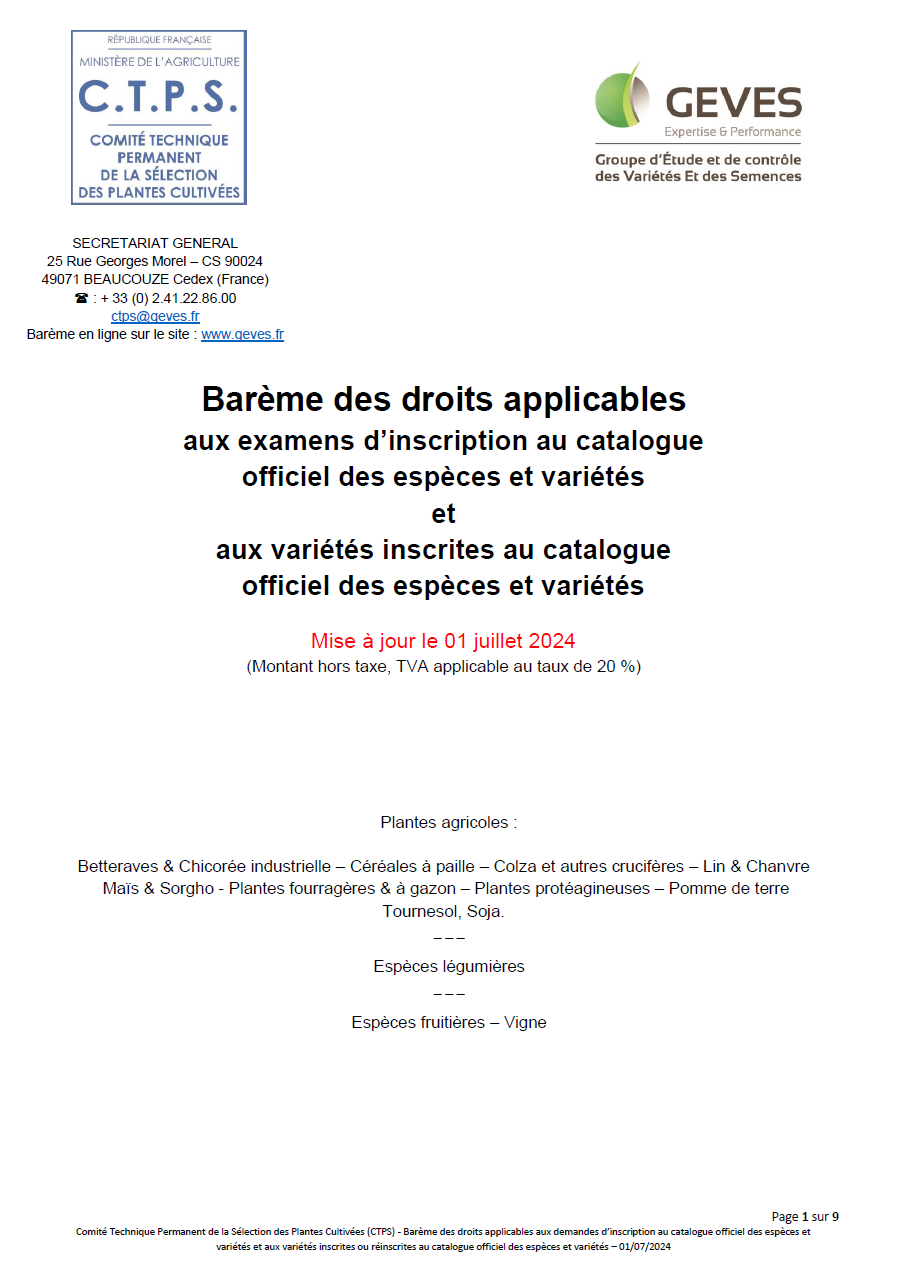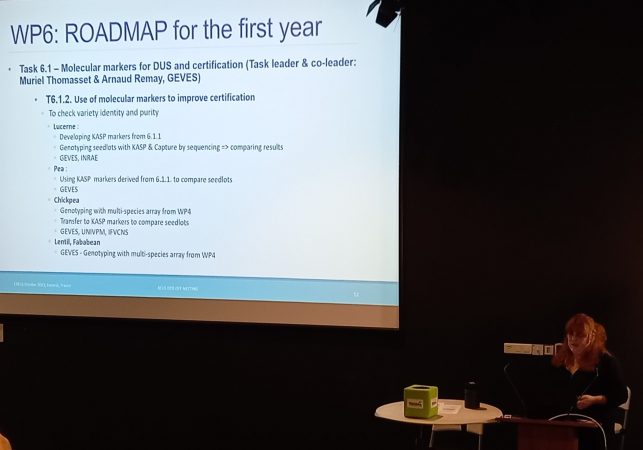
Launch of the European H2022 BELIS project: Selecting legumes in Europe for a more sustainable future
On 17 and 18 October, the BELIS project launch meeting was held at Terrena’s premises in Ancenis, kicking off 5 years of research to enhance the competitiveness of the legume industry and increase the sustainability of agricultural systems based on these species.
Funded by the European Union as part of its Horizon Europe R&I programme, the BELIS project, Breeding European Legumes for Increased Sustainability, brings together 34 partners from 18 European Union countries or partner countries.
Its major ambition is to improve the competitiveness of the legume industry by optimising methodologies and governance structures in the field of forage and grain legume breeding, and by creating favourable conditions for the effective transmission of genetic progress to breeders, the seed industry and other stakeholders in the sector.
The project focuses on 7 forage crops, including alfalfa, red clover, white clover, annual clover, sainfoin, birdsfoot trefoil and vetch. It also includes 7 grain legume crops, namely peas, faba beans, soya, white lupin, lentil, chickpea and common bean.
GEVES is contributing to the project through its work on optimising DUS, certification and VCUS evaluations for all or some of the species listed, alongside other public and private partners.
These two days were an opportunity for GEVES to meet and exchange ideas with the various partners in the project, as well as to explain the objectives and missions in which we are involved.
Arnaud Remay and Muriel Thomasset (BIOGEVES), co-leaders of the section on the use of molecular markers for DUS and certification, presented the broad outlines of the work to be carried out. This task is divided into two distinct parts. The first aims to identify and use molecular markers to improve both DUS studies and the management of reference collections for two major crops: pea and alfalfa (with the participation of GEVES, INRAE and CREA). The second part of this task involves testing different molecular markers to facilitate the identification of seed lots and assess their purity, this time for pea, lentil, chickpea, faba bean and alfalfa (in collaboration with GEVES, IFVCNS and UNIVPM).
The second part of this workstream focuses on the VCUS evaluation of species. Initially, it aims to:
- collect VCU experimentation protocols from partner countries in order to analyse differences and similarities,
- analyse historical VCU data from different geographical regions in order to estimate the performance of trial sites, and
- identify new varietal characteristics to be evaluated.
Two trial networks extending over several countries will then be set up to evaluate alfalfa and pea varieties on the basis of the lessons learned. Ultimately, the aim is to identify the possibility of setting up shared and high-performance trials to satisfy the needs of each Member State’s registration system.

